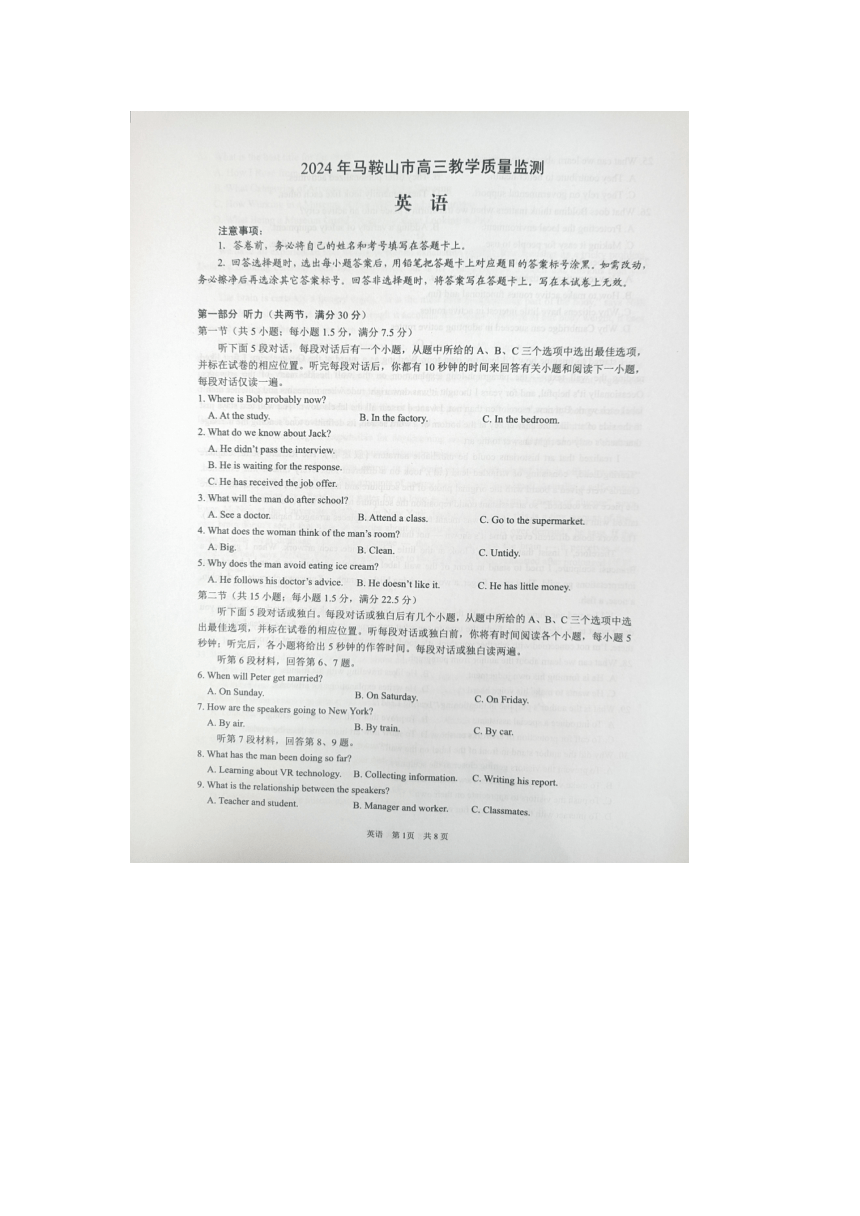
31.What is the best title for the text A.How I Rose from a Museum Guard to an Art Expert B.What Categories of Artworks Museums Like Showing C.How Working in a Museum Makes Me Have a Life Purpose D.What Being a Museum Guard Taught Me about Looking at Art D We have all experienced that feeling of mental exhaustion ()after focusing on a tricky problem. Detailed thinking certainly feels like hard work,but is it The answer is a touch less obvious than you might suspect. The brain is certainly a hungry organ."It is the most energy-consuming part of the body,"says Nilli Lavie at University College London.Although it accounts for around 2 percent of our body weight,it uses some 20 percent of the energy we burn at rest. Interestingly,when it comes to energy use,the brain doesn't distinguish between tasks that we traditionally regard as"hard"and those that come more naturally.This was first demonstrated in the 1950s in a study showing that the brain's level of metabolic()activity is remarkably constant,regardless of whether we are concentrating or letting our mind wander. Your brain distributes resources to its different parts depending on the mental activity being carried out. But there is a trade-off.For instance,in a study published in November,Lavie and her teammates measured energy use in the brain region responsible for daydreaming and found that it decreased when volunteers carried out a problem-solving task that required focused attention. So thinking hard does burn more energy in the brain region involved,but this is offset by energy savings in other parts of the brain.The amounts of energy involved are very small.Actually,a self-control task,such as keeping your hand in icy water for as long as you can,"burns up 1 calorie of glucose",says Ewan McNay,at the University at Albany in New York.However,although this is a tiny amount of fuel, your brain doesn't see it that way."It worries about an imbalance of supply over demand,"he says.If the brain detects local drainage (of glucose-the sugar that fuels the brain-it perceives it as something bad,says McNay.This is what gives rise to the feeling of being exhausted after prolonged( 间的)focus. 32.How does the author look at detailed thinking A.It can develop the less-used brain areas. B.It can make the brain become tired quickly. C.It is beyond the assumption of most people. D.It is both mentally and physically demanding. 33.What does the study in the 1950s tell us about our brain A.It is always in a hungry state. B.It treats mental tasks equally. C.It burns less calories when at rest. D.It has a natural tendency to wander. 34.When the brain settles a problem,the brain region for daydreaming A.connects with other regions B.solves a difficult task C.receives more resources D.becomes less active 35.Why do we feel tired after prolonged focus A.Our brain has anxiety over the proper distribution of energy. B.Our brain burns much more energy than it is supplied. C.Our brain distributes energy to the wrong bra ... ...
~~ 您好,已阅读到文档的结尾了 ~~

